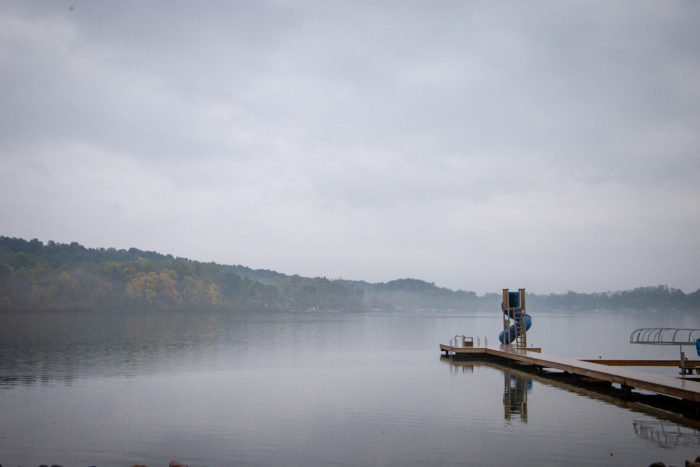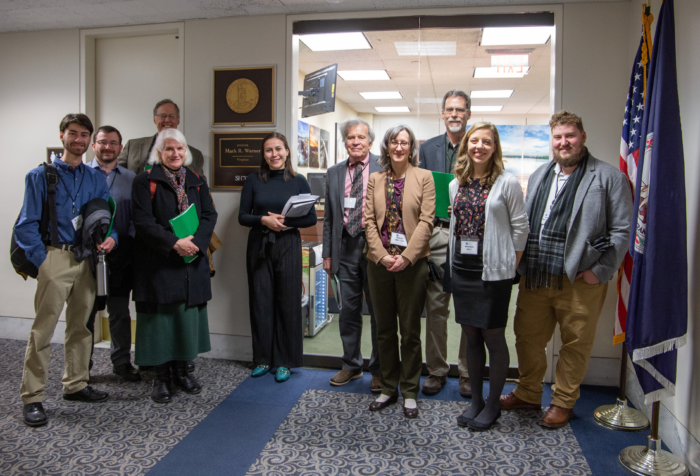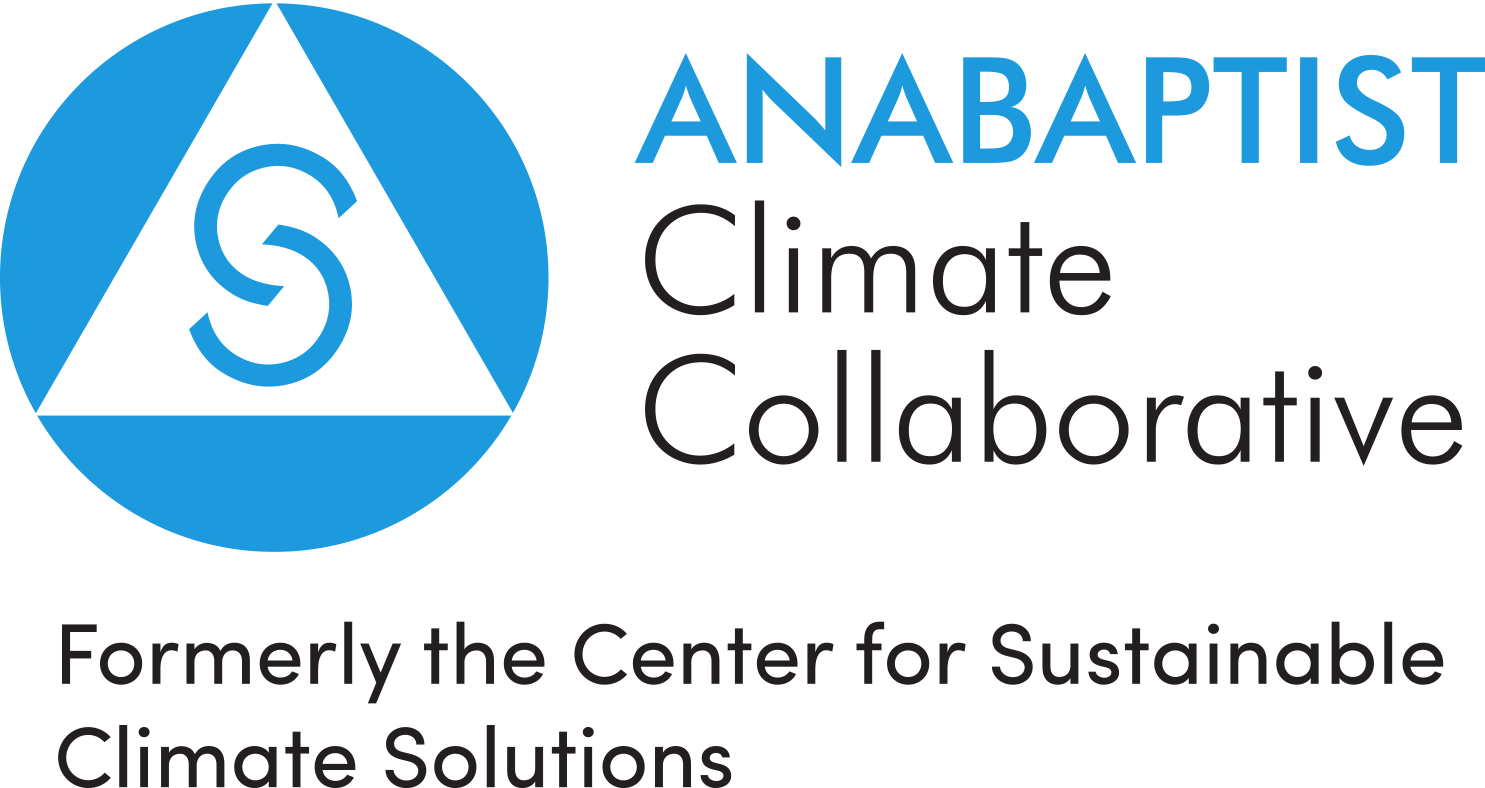This small group discussion resource is a tool for groups interested in climate advocacy to learn more about the process of advocating for change and discern how they can respond on this important issue. Advocacy is something anyone can do!
Session #1: Healing Our Planet
Activity: Look up MyEnvironment, an EPA resource that provides information about your community’s air and water quality, the makeup of your state’s energy production, your state’s reported metric tons of greenhouse gas emissions, and potential environmental health concerns. Click through these categories to learn a little bit about the health of your local environment and community.
Readings for this week:
To Discuss:
- What did you learn from the MyEnvironment resource? What environmental harms are present in your community?
- Do you know what specific challenges related to climate change your community might face?
- How are these harms connected to race and place? If you don’t know, how could you find out?
- How does your faith connect to your work on climate change?
- What organizations in your community are already working on climate change and environmental justice issues? Who do you know of who you could reach out to?
Engagement:
- Look at the Climate Faith Week Resources — Could your church sign up for these activities
- Look into former CSCS Fellow Katie Isaac’s Creation Care Action plans for congregations from all perspectives. You can take a quiz found on this webpage to find out which action plan might work best for your community. Could your church engage with one of these plans? What would stop your church from engaging with one of these plans?
Session #2: Advocacy as a Faith Practice
Readings:
- Mennonite Central Committee’s Biblical Basis for Advocacy Reading
- 1 Kings 21, the story of Elijah advocating to King Ahab on behalf of Naboth
To Discuss:
- What does an Anabaptist approach to advocacy look like? How can our specific religious perspective hinder our advocacy? How could it help us?
- How does your church’s other work, both in the community and internally, connect to policies and decision-making?
- How could your faithful approach to creation care be translated into accessible language when talking to policymakers?
- How does your church think about engagement in the political sphere? Would some members have reservations?
- What do Biblical advocates have to teach us about advocacy today?
Engagement: If you know a person in your church or community who has engaged in any kind of advocacy, invite them to talk with your group and share their experiences with you. Ask them any questions you may have about advocacy. If you don’t know of anybody in your community who has engaged in advocacy, you can also be in contact with Mennonite Central Committee’s advocacy offices to learn more about advocating.
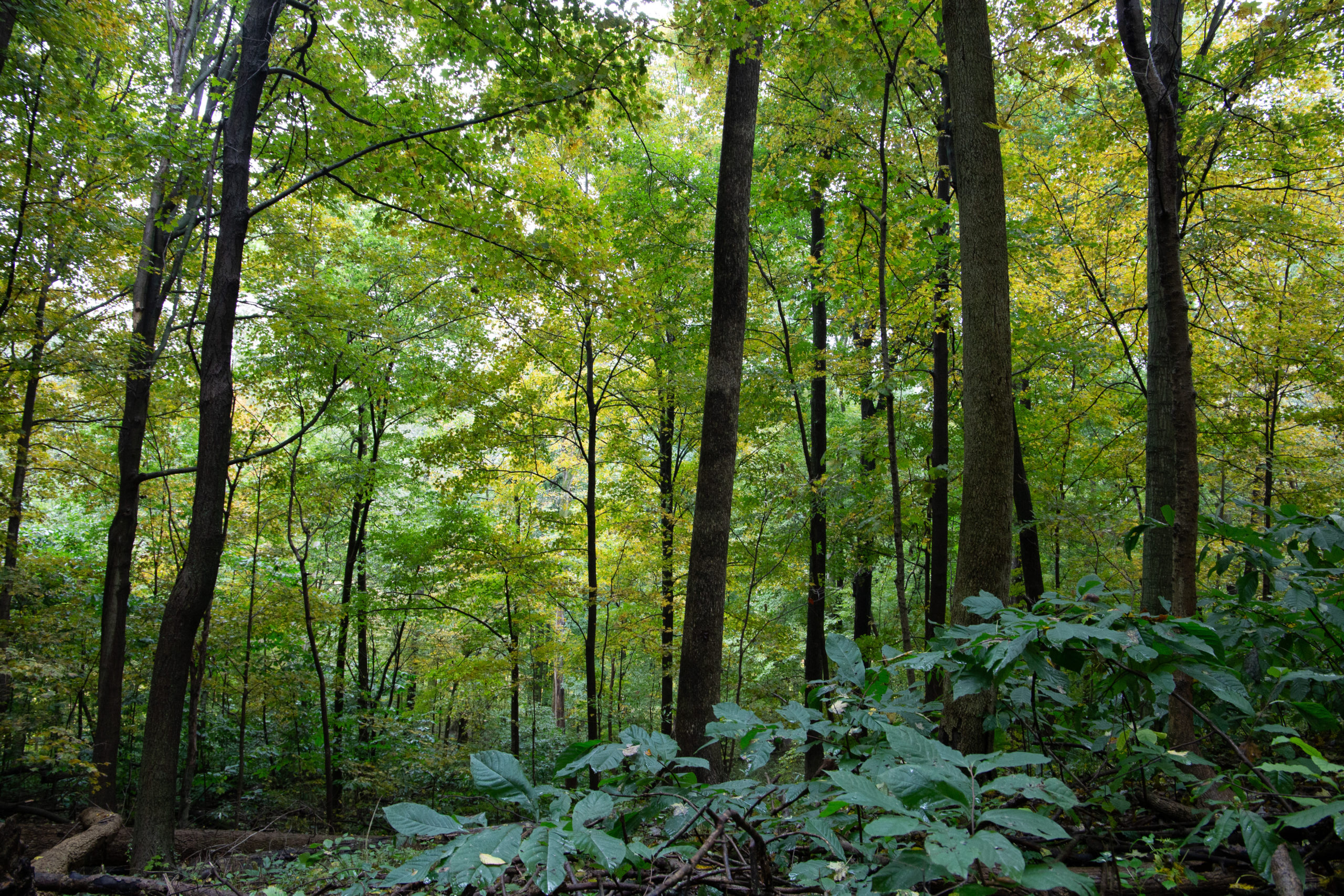
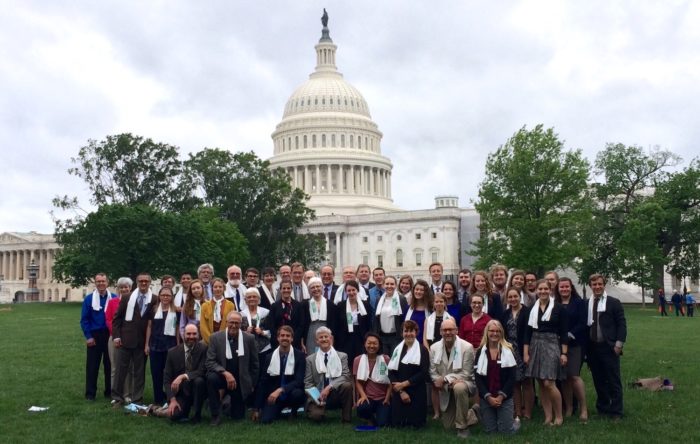
Session #3: Advocating for the Climate
Readings:
- From Jennifer Schrock, director of Mennonite Creation Care Network: “A beginner’s guide to political advocacy”
- Creation Justice Ministries’ Faith Principles on Climate Change
- Blessed Tomorrow’s “Moving Forward: A Guide to Climate Action for Your Congregation and Community“
- Optional Reading: The Quaker United Nations’ People’s Climate Empowerment Series
To Discuss:
- How does climate advocacy connect to the creation care work you are, or your church is, already doing?
- What issues within climate advocacy are most important to you?
- How could advocacy for climate justice intersect with your work on other justice issues?
- Do you know what your policymakers have done in response to climate change? If not, how could you find out?
- What local organizations are working on climate advocacy in your community? Has your church connected with them before?
- If your church is working on other ways to respond to climate change, how can that work connect to new advocacy steps?
Activity: Make a SWOT analysis of our church’s response to climate advocacy. SWOT stands for Strengths, Weaknesses, Opportunities, and Threats. Set up a four-square grid on a large piece of paper or a white board with one of these four heads in each quadrant. Talk together about which components of your church advocating for climate justice would fit in each of these headings. Work together to fill out the grid.
Session #4: Steps Together
In this session, you won’t have reading and discussion work. Instead, gather your small group to facilitate a conversation about next steps for climate advocacy. If you are able, have each person come to this session with a proposal for a specific climate advocacy action to take, using the assistance of an advocacy organization or your own research.
Using the “What You Can Do” portion of the CSCS advocacy resources, work with your small group to plan a phone call, an in-person meeting, or a letter writing campaign on a climate-related issue. Who will head up organizing your group? Who will reach out to the policymaker’s office? What stories will you tell?
Congratulations! You’ve taken your first steps toward advocating for climate justice in your community and around the world! We hope this process helped your group think about joining a larger collective advocacy effort, or making your group a long-term advocacy team.
If you decide to create or join an existing formal advocacy team, let us know! Please contact cscs@sustainableclimatesolutions.org
